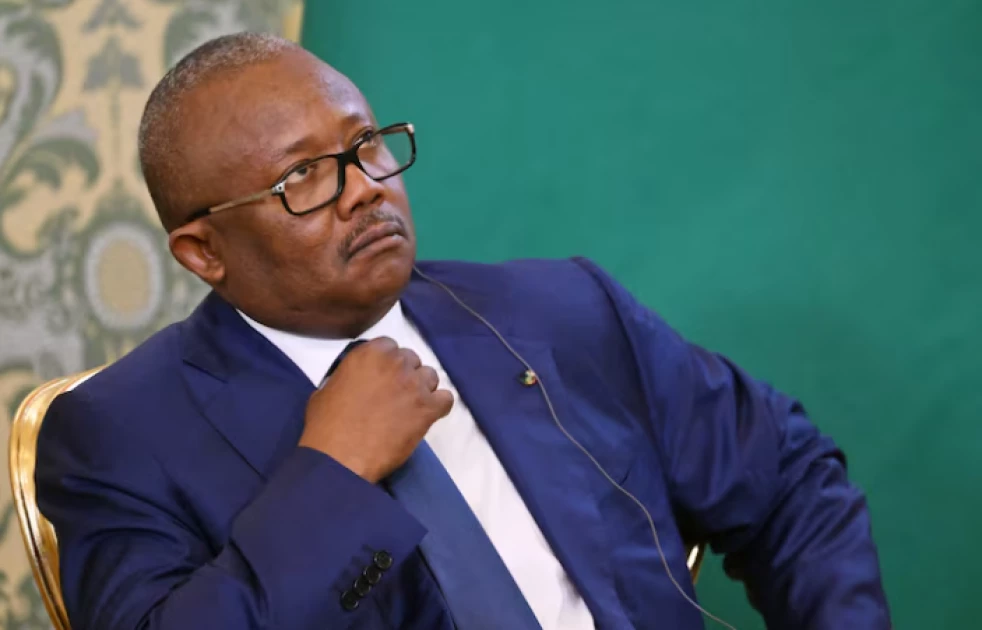Guinea-Bissau President Umaro Sissoco Embalo has officially declared his candidacy for the country’s November presidential elections, announcing he will run as an independent. The move comes against the backdrop of heightened political instability in the West African nation.
Embalo, first elected in December 2019 for a five-year term, had previously stated he would serve only one term. However, he postponed elections earlier this year, extending his time in office and triggering accusations of clinging to power beyond his mandate. The delay has fueled political unrest and deepened tensions between the presidency and opposition forces.
The president made his announcement on Friday during the swearing-in ceremony of his newly appointed prime minister, Braima Camara. Camara, a member of Embalo’s ruling Madem G15 party, replaces Rui Duarte Barros of the opposition African Party for the Independence of Guinea and Cape Verde (PAIGC), whom Embalo dismissed just a day earlier.
In his speech, Embalo unveiled a new political platform the “Move Forward Together” movement under which he will campaign. “I will not be any political party’s candidate because I don’t want to be anyone’s hostage,” he said, adding that political parties, corporate entities, and religious organisations were welcome to support his bid.
Guinea-Bissau, a small Portuguese-speaking country of about two million people, remains one of the world’s poorest nations. Since gaining independence from Portugal in 1974, it has been plagued by chronic political instability, military coups, and allegations of corruption. Despite a shift towards constitutional governance following the 2014 elections, the country has continued to experience frequent political crises.
Embalo’s tenure has been marked by periods of unrest, with critics accusing him of undermining democratic institutions. His decision to sack the opposition-aligned prime minister and replace him with a loyalist just months before the vote is likely to deepen suspicions among opponents and raise concerns about the fairness of the upcoming elections.
As November’s election approaches, Guinea-Bissau faces a delicate balancing act: navigating political tensions while attempting to uphold democratic processes in a fragile political environment. Whether Embalo’s independent run will unite a fractured political landscape or further polarize it remains to be seen.

